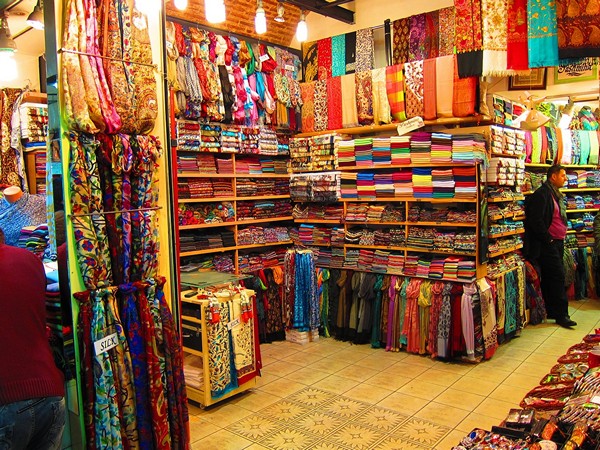The textile industry in Lahore, Pakistan, which has long been considered the backbone of the nation’s industrial economy, is facing challenges in achieving higher export earnings. In the fiscal year 2023-24, textile exports saw modest growth, generating a substantial USD 16.7 billion in export revenues. However, in the first five months of FY25, textile exports increased by 10.51 per cent compared to the previous year. Despite this growth, the industry may fall short of reaching the USD 17 billion mark for the year due to ongoing political instability and a lack of product diversification.
Industry leaders attribute the decline in export orders to political challenges, with buyers shifting orders to Vietnam due to a lack of trust in Pakistani millers. The country also missed out on orders diverted from Bangladesh due to political turmoil. A mid-sized textile miller from Lahore highlighted the need for Pakistani millers to take advantage of international opportunities by offering competitive prices and diversifying their product range. However, the lack of product diversification and advanced capabilities have hindered Pakistan’s ability to compete with countries like Vietnam.
The textile industry has struggled to grow and diversify its products to meet the demands of European Union and American buyers. The lack of government support and ongoing political tensions have further hampered the sector’s growth. Recent tax increases and stringent measures from the finance ministry and FBR have caused many textile companies to relocate to Dubai, leading to potential under-invoicing of export orders and a further reduction in export revenue. The sector is also facing challenges such as high energy costs, a looming cotton crisis, and uncertainty surrounding the policies of the incoming US president.
Many industry leaders believe that without a clear textile policy and the active involvement of key stakeholders, the industry is unlikely to reach its USD 25 billion export target. The ongoing Russia-Ukraine war and conflicts in the Middle East could further escalate tensions and affect the global economy, impacting Pakistan’s textile industry. Overall, the textile exports for the current fiscal year are expected to decline or remain flat, highlighting the urgent need for strategic initiatives to address the challenges facing Pakistan’s textile industry.










